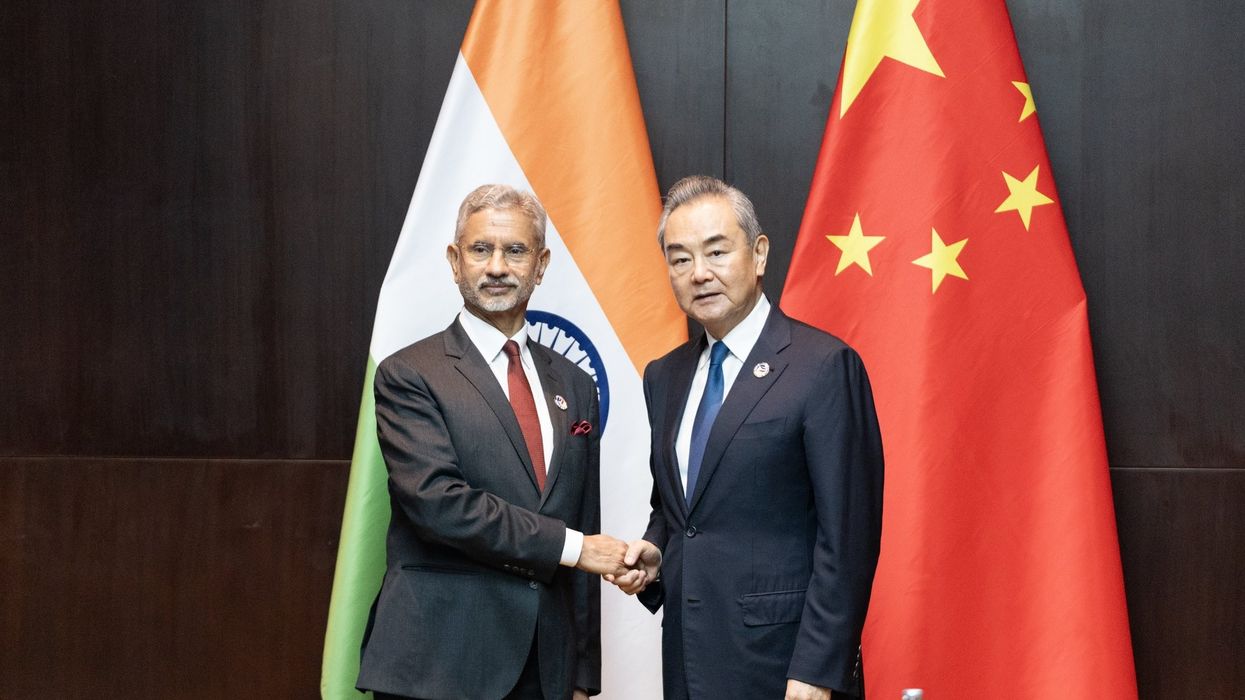Indian foreign minister Subrahmanyam Jaishankar met his Chinese counterpart Wang Yi on Thursday in Laos, where they agreed to resolve border issues as soon as possible.
The two countries share a long Himalayan border, much of which is poorly demarcated. Relations have been strained since a military clash in July 2020 that resulted in the deaths of at least 20 Indian soldiers and four Chinese troops.
Jaishankar met Wang on the sidelines of the ASEAN summit in Laos, three weeks after their last meeting in Kazakhstan, according to India's foreign ministry.
"Agreed on the need to give strong guidance to complete the disengagement process. Must ensure full respect for the LAC (Line of Actual Control) and past agreements," Jaishankar said in a post on X.
After their meeting in Kazakhstan, Wang had stated that the two countries must handle and control the border situation while resuming normal exchanges in other areas.
Both nations have fortified positions and deployed additional troops and equipment along the border since the 2020 standoff. The two countries have had tense relations for decades, following a border war in 1962.
India's foreign ministry said both ministers agreed on the need to work with "purpose and urgency to achieve complete disengagement at the earliest."
"The state of the border will necessarily be reflected in the state of our ties," Jaishankar added.




